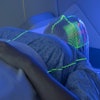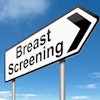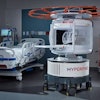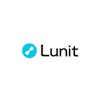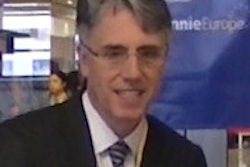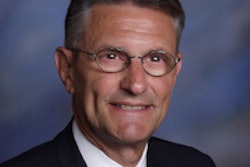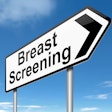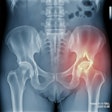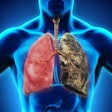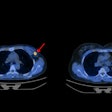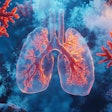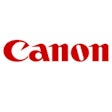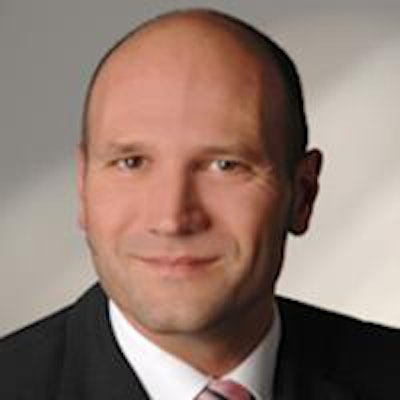
The acronym GAST -- German for guest -- stands for the combined conference of the German, Austrian, and Turkish radiological societies. The GAST-Symposium 2015, the fourth of its type, will be held in Innsbruck, Austria, on 1 and 2 May. In this interview, its organizer, Dr. Stefan Wirth from Munich, Germany, talks about common objectives, supposed differences, and the main focal points of the meeting.
Q: What an exciting combination: Germany, Austria, and Turkey. How did this grouping come about?
 Dr. Stefan Wirth is a lecturer, medical consultant, and manager at the Institute of Clinical Radiology, Ludwig Maximilian University (LMU) of Munich.
Dr. Stefan Wirth is a lecturer, medical consultant, and manager at the Institute of Clinical Radiology, Ludwig Maximilian University (LMU) of Munich.
Wirth: In German-speaking countries in particular, there is a special relationship with Turkey. On the one hand, Turkey has been a popular holiday destination for us for many years; it offers an ancient and interesting culture, which is unfamiliar in some respects and consequently very exciting. On the other hand, many people who themselves originate from Turkey, or whose parents did, today live and work in German-speaking countries such as Germany and Austria. Indeed, many of them are also citizens of these countries.
Cultural aspects aside, Turkey's development in the fields of science and research has also been disproportionately rapid. It was probably not least for that reason that in 2012 the Federal Ministry for Education published a guideline to promote increased collaboration with Turkey.
Many of our Turkish colleagues have completed part of their radiological training in various countries outside Turkey, some of them with us here in Munich. Friendships have developed in this way, which both sides have kept up. So, as well as these rather formal facts, it is no surprise that this cooperation first saw the light of day at a private meeting between Turkish and German-speaking radiologists at the fringes of the RSNA 2009 in Chicago. The national radiological societies immediately picked up on this idea and have since given it their strong support, for which many thanks are due.
How does radiology differ in these three countries?
First, there are cultural differences, and I have learned that even a person who is supposedly open-minded sometimes has preconceived ideas. For instance, I thought that medical provision to the population would be better in Western or Central Europe than it is in Turkey. This is not the case, at least in the cities. For instance, in German hospitals alone there are as many MRI scanners in operation as there are in Turkey as a whole, in other words approximately 11 scanners per million inhabitants. But in Turkey, just as many MRI scans are carried out in total. The reason is that Turkish scanners are much better operated to full capacity, and 50 scans or more per day is normal there.
This necessitates a shift system, with all its problems, but it also makes for very good availability, and also highly skilled radiological and radiographic staff. I have also learned from specialist interactions that in Turkey there are still high incidences of diseases at various stages, which are less common with us but still important. Tuberculosis and helminthiasis are typical examples of this.
What will be the main focal points this year?
The core topics this year are inflammatory brain diseases and the imaging and treatment of tuberculosis. Alongside this, we shall discuss radiological research and offer an image quiz in musculoskeletal radiology, chest, and abdomen. We shall also talk about imaging and interventional treatment of echinococcosis, and the program features a session on "Blunt trauma to the torso." This final session already looks forward to this year's Turkish annual congress in Antalya, which this autumn will be followed directly, at that location, by the annual congress of the European Society of Emergency Radiology (ESER). This is definitely a sign that cooperation is being deliberately stepped up.
Finally, we shall present the GAST award again. After the previous award-winners -- Drs. Reiser, Okhan, Hruby, Nevra, and myself -- I am especially pleased this time to present this award to two other Turkish colleagues, Drs. Cem Calli and Mehmet Ertürk. This year's host, the OERG Past President Dr. Werner Jaschke, will make the congratulatory speech and present the award.
Also, there is an additional benefit for this year's participants: The congress is being held in beautiful Innsbruck over a long weekend, and the fee for participation is very reasonable. We hope that this type of event concept will attract many young radiologists in particular to take part.
Editor's note: This article is an edited version of a translation of an article published in German online by the German Radiological Society (DRG,Deutsche Röntgengesellschaft). Translation by Syntacta Translation & Interpreting. To read the original article, visit the DRG website.
